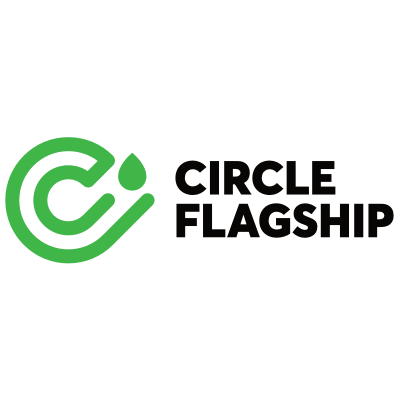
CIRCLE
Circular Initiative for Recycling and waste Conversion into Lactate Extracts

Circular Initiative for Recycling and waste Conversion into Lactate Extracts
The CIRCLE consortium aims to boost bio-based chemical production in Europe by valorising food waste streams. The project will upgrade the capacity of an existing biogas plant to transform food waste streams and other biomasses into high-value bio-based chemicals and intermediates such as lactic acid (LA) and its derived products, including polylactic acid (PLA)-based ones.
By increasing the product scope of an existing biorefinery, CIRCLE expects to: